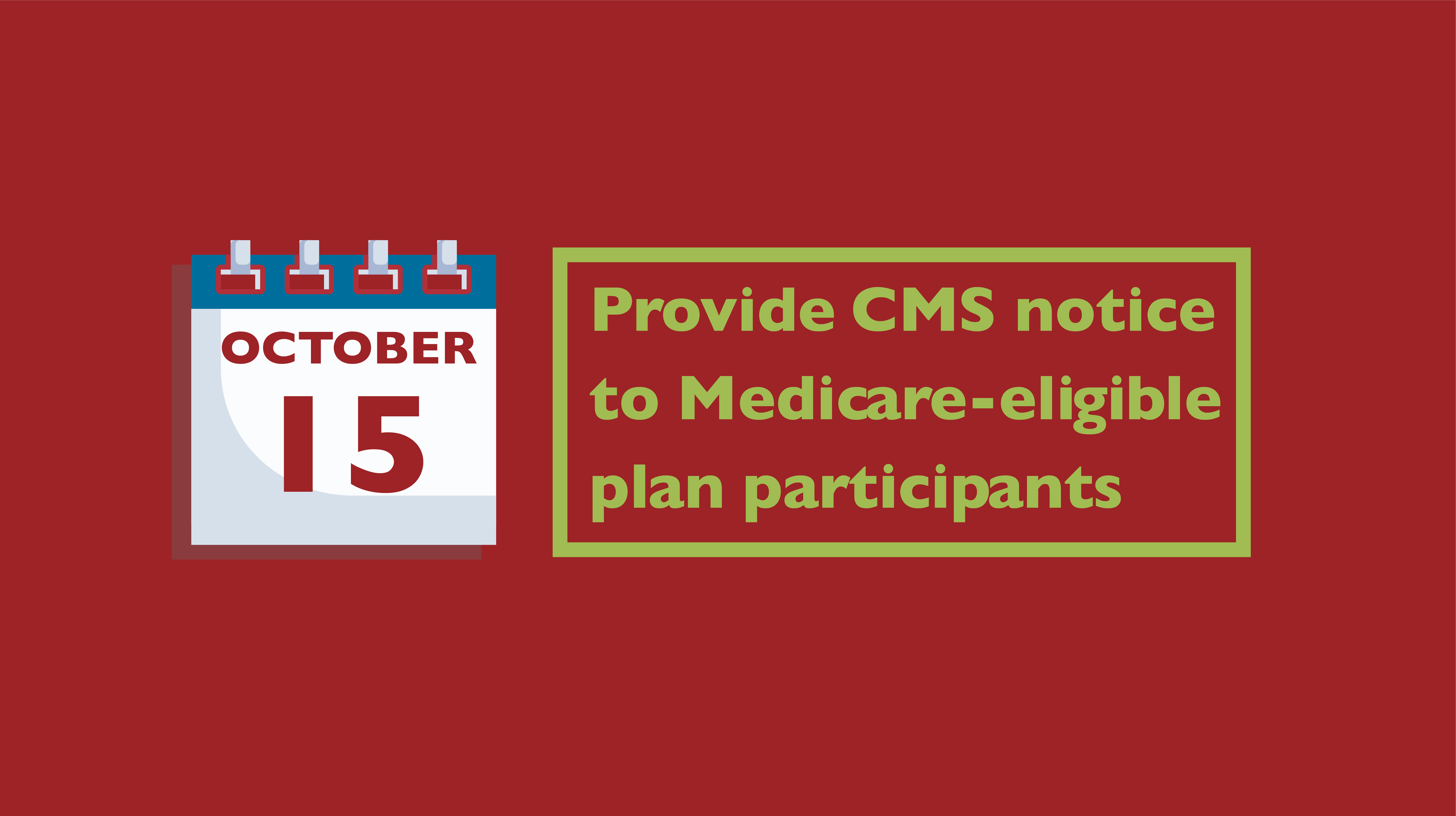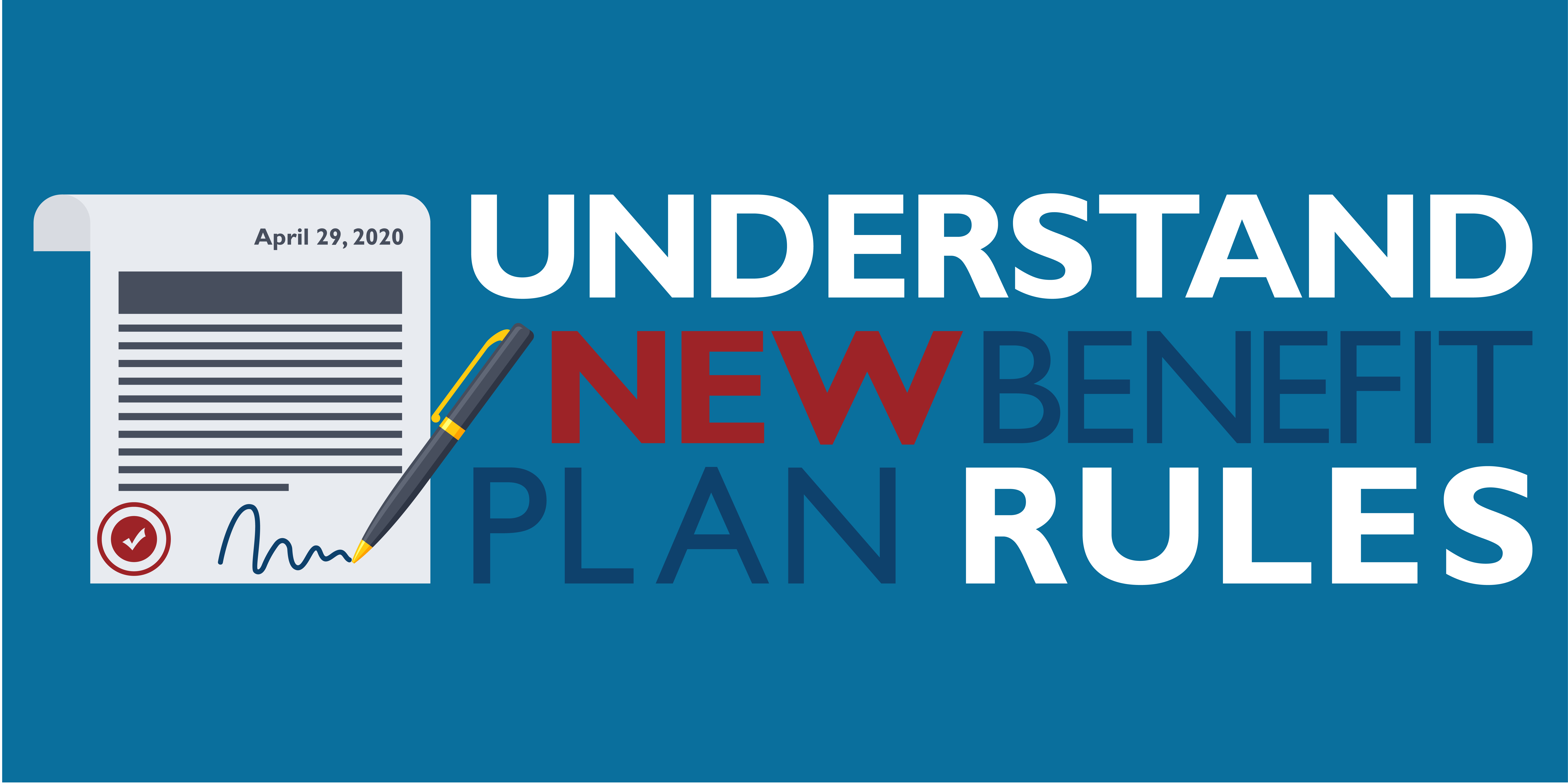In Notice 2020-76, the IRS extended the January 31, 2021, deadline to submit 2020 employee 1095-B and 1095-C ACA forms to March 2, 2021. The Notice does not extend the deadlines for employers to file ACA forms with the IRS.
Bulletins
This month the DOL released a proposed rule intended to clarify how employers can determine if workers are employees or independent contractors. Misclassifying an employee as an independent contractor has grave consequences for employers. Penalties can go back for three years and be as much as...
Each year attention is given to the October 15 deadline to provide Medicare-eligible health plan participants with a letter clarifying if your company-provided prescription drug coverage is as least as good as Medicare’s.
The Wage and Hour Division of the Department of Labor (DOL) recently released revised regulations affecting implementation of the emergency paid sick leave and emergency family and medical leave provisions of the Families First Coronavirus Response Act (FFCRA). The amendments are effective...
Employers have an annual obligation to issue a CMS coverage notice to all Medicare-eligible plan participants, including dependents and retirees. The notice informs Medicare-eligible participants whether their prescription coverage is at least as good as Medicare’s.
Recently, several statesadopted requirements forthe general publicto wear masksoutsidetheir homes.Because this includes the workplace, employers inthesestatesare advised to develop a compliant mask policy.
Paycheck Protection Program (PPP) loans were the saving grace for many small businesses over the past two months. However, the forgiveness qualifications continue to evolve, leaving business owners confused and wondering if they’ll meet forgiveness requirements.
The pandemic interrupted processes globally, and employee health benefits are no exception. Certain deadlines temporarily changed for health reimbursement arrangements (HRAs), COBRA and flexible spending accounts (FSAs).







.jpeg)

